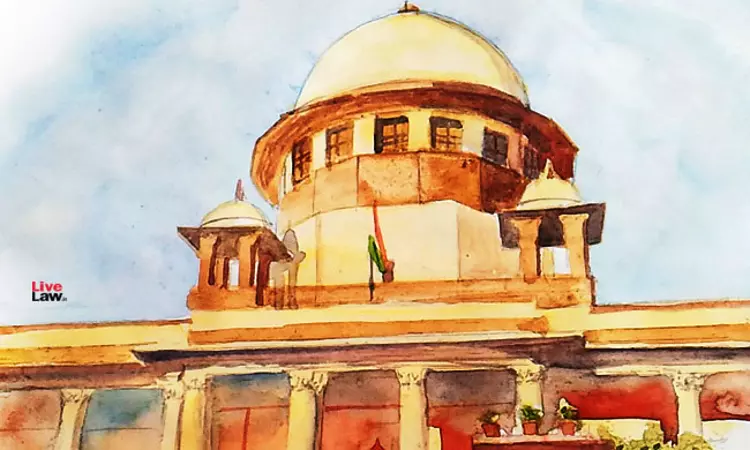Delay & Laches Vital In Service Matters, Can Be Seen As Acquiescence: Supreme Court
Gyanvi Khanna
14 Oct 2023 10:43 AM IST

Next Story
14 Oct 2023 10:43 AM IST
The Supreme Court, while rejecting the belated service-related claim made by one Bichitrananda Behera pertaining to the post of Physical Education Trainer, held that ground of delay and laches in such cases amounts to acquiescence which means an implied and reluctant consent to an act.The Court also noted that Behera, in the period of over 12 years had not moved before any forum, be it a Court...
